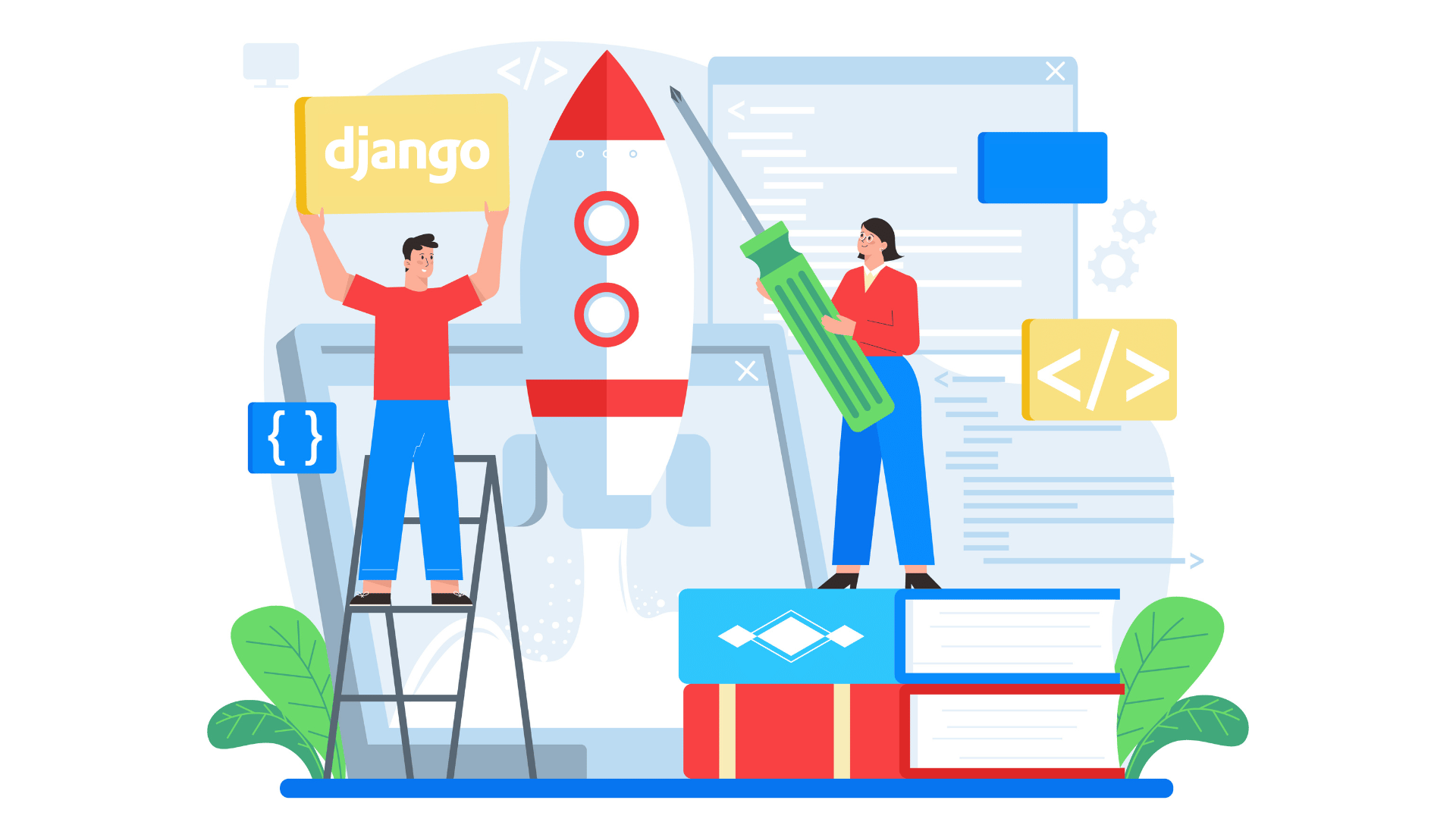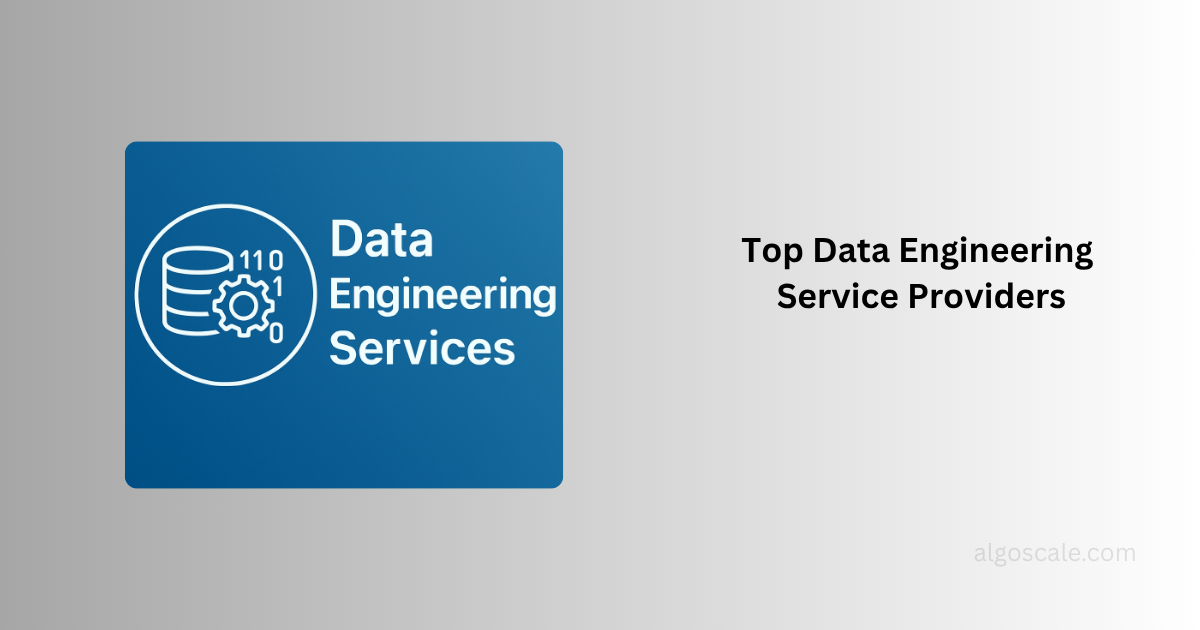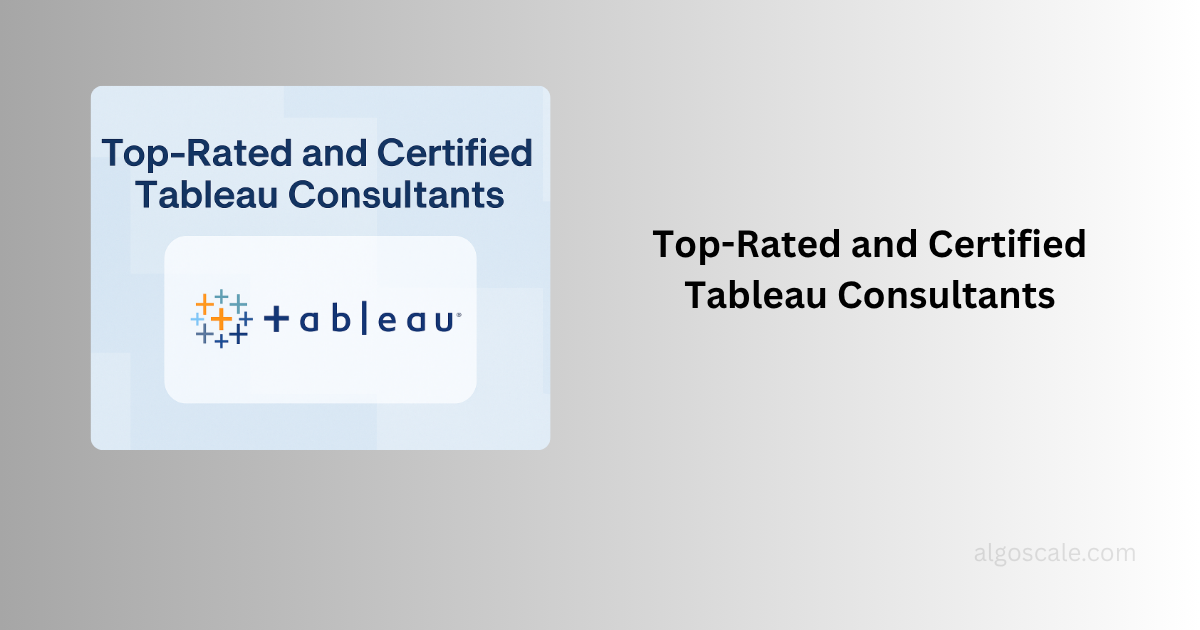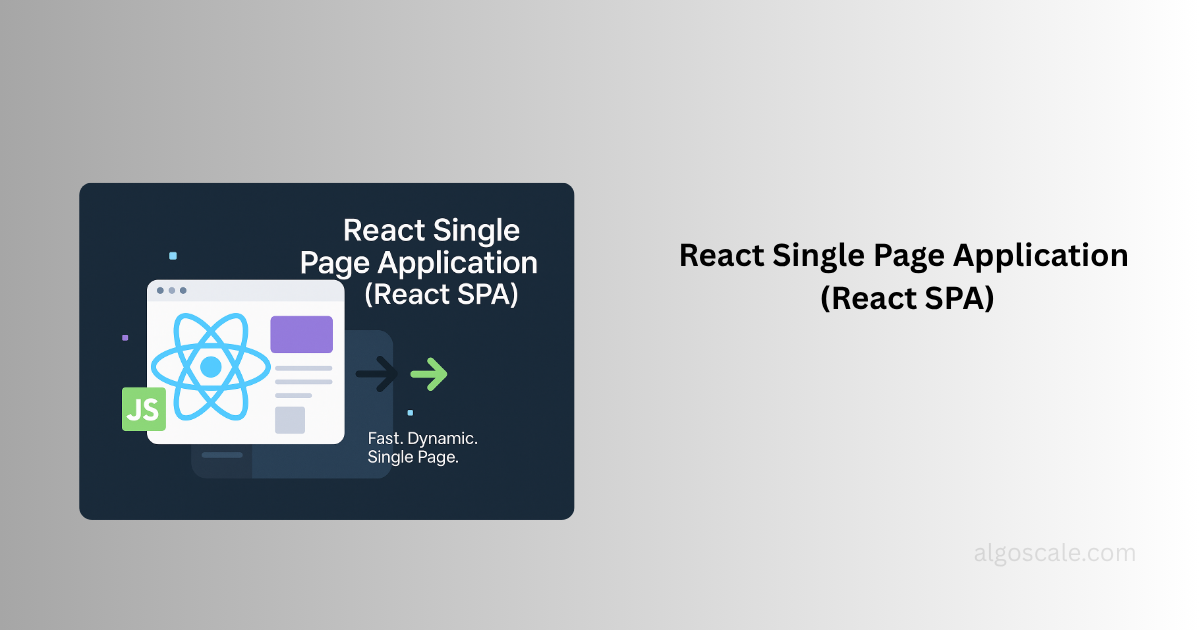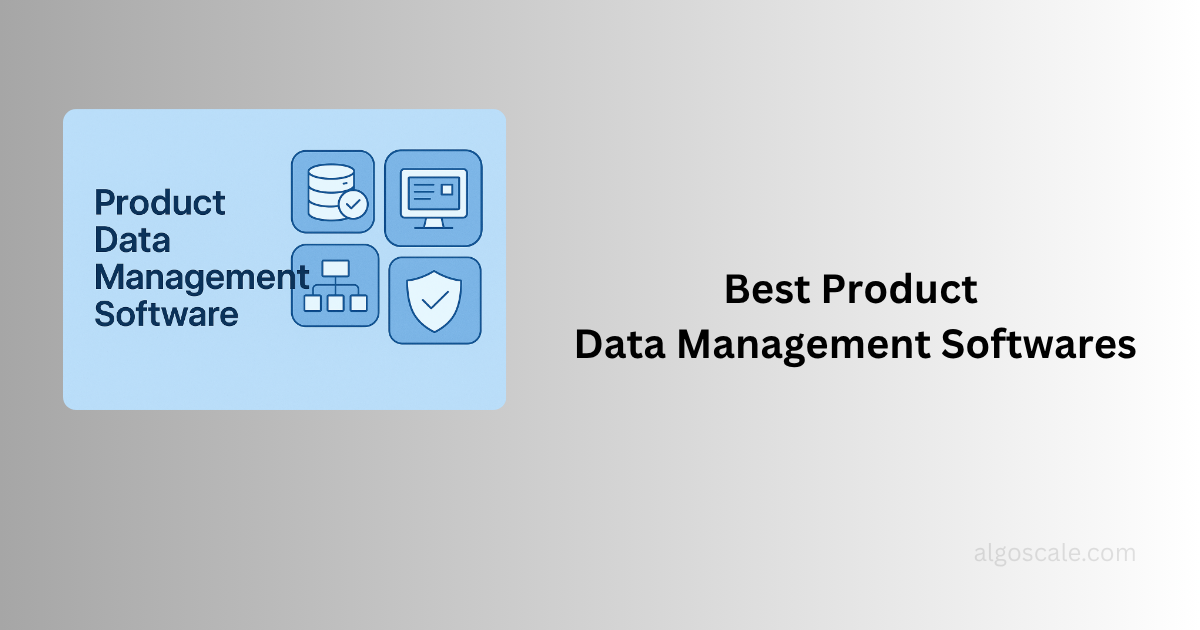Django is one of the most popular frameworks for web development. As per statistics, the incredible framework powers 87,425 websites across the globe, including websites like Opera, Eventbrite, and Rubika.
Today, an increasing number of web developers are choosing it for two leading factors: simplicity and reliability.
Let’s begin with a brief introduction to the framework.
Django is a Python-based web framework that facilitates the quick development of secure and easily maintainable websites. Built by skilled developers, it streamlines the process of web development by standardizing web design, website navigation, and security.
The framework emphasizes reusing components that save the developer’s time and effort which would otherwise be spent on repetitive tasks. Thus, Django ensures shorter deadlines and a more optimized workflow.
One of the best aspects of using the Django framework is that it is backed by an active and thriving community of developers that offer free and paid-for support along with great documentation.
In today’s blog, we will discuss more about what the Django framework is, what it can do, and how it benefits the web development process.
How Django Streamlines the Web Development Process?
When it comes to web development, the foremost challenge for every web developer is to select the right technology. Although there are hundreds of frameworks in the offing, very few fit specific use cases and business goals such as the Django framework.
Django not only expedites the process of web development but also ensures the highest quality code. It follows the Model View Template (MVT) architectural pattern that separates the code into three different parts: Model, View, and Templates. All the developers need to do is code what must be displayed to the user, and Django will take care of all the backend details. Brilliant, isn’t it?
Thus, the primary goal of the Django framework is to ease the development of complex and database-driven websites.
Here are a few ways in which Django streamlines the process of web development.
Pre-built components and libraries
Django is a fully-loaded framework that comes with a vast range of features such as content administration, user authentication, RSS feed, sitemaps, and many more. All these in-built libraries and components ensure effective and rapid Django web development.
Code reusability:
Often, developers have to put in a lot of hours writing and maintaining code. Thankfully, Django’s DRY (Don’t Repeat Yourself) philosophy encourages the creation of reusable codes. This means developers can use existing codes and spend much less time on debugging or eliminating unwanted duplication.
For instance, if your web app requires a Sign-up, Sign-in, and Forgot password page, you don’t need to write the same code for all three pages again.
Built-in admin interface:
This is one of the most significant features of Django. The framework offers a built-in admin module that can be utilized to conduct all CRUD operations on the models. The admin module reads metadata from the model to offer a quick interface where the user can easily manage all admin-related tasks.
Debugging and error handling:
Although very common, errors can completely halt the development process. With the Django framework, whenever an error arises, the framework will alert the users listed on the Admins setting. It immediately notifies the administrators by displaying an internal server error. This ensures immediate action to rectify the errors and facilitates quick development.
Django’s Key Features
Now, let us explore the most notable features of the Django framework in detail.
Vast Community Support
Django’s community is huge, and a proven asset for all web developers. There is a plethora of active developers who not only offer assistance but also develop great plugins to make the web development process easier and faster.
With all the code being open-source, you can easily modify the available resources and expedite the development process. And if you run into any difficulties with your project, you can refer to the Django community for their help.
Pluggable
The Django framework is extensively pluggable by nature. This means that the framework can be extended by plugins. Essentially, plugins are software components that enable developers to add particular features to their web product, leaving huge scope for customization.
There is a massive variety of plugins to help you add Google Maps, connect to payment gateways like Stripe for payment processing, or even create complex permissions. Based on your needs, you also unplug some components or replace them with others.
Batteries-included
Django web development is largely preferred as the framework comes equipped with several in-built tools and utilities to ease the development of complex web applications.
Django incorporates a user interface, an admin panel, code editing tools, testing web browsers, indentation, and much more. It comprises libraries such as Django REST, which lets the developers build web APIs, Django CMS, which is designed to manage website content, etc.
ORM
Django framework is held in great regard for its object-relational mapper that allows developers to easily interact with databases. ORM is a library that automatically transfers all data stored in databases such as MySQL and PostgreSQL into objects used in the application code.
This ability of the framework to eases the developer’s job as they don’t need to know the language for database communication. Additionally, it helps to expedite the entire process of web development.
High Safety and Security
The Django framework is one of the most secure systems out there. It enables developers to evade common security problems such as cross-site request forgery, SQL injection, cross-site scripting injection, and more.
Also, the framework is regularly updated with new security patches. It also offers complete safety against cybersecurity attacks such as timing attacks, clickjacking, and CRFL injections.
Suitable for All Kinds of Projects
Unlike Java and C#, Django is a non-enterprise solution. However, it is still highly suitable for all kinds of projects. For instance, if you wish to build a social media app with large volumes of incoming data and traffic, Django can be a great choice. At the same time, the framework is also considered best for a simpler application such as a blog publishing website.
Additionally, Django offers a cross-platform feature that further allows the developers to create applications that run on MacOS, Windows, and Linus.
Examples of Django in Action
Algoscale developers build robust applications in Django. And to be honest, we are quite convinced about the convenience and functionality of this framework. Here are just a few of the many projects our developer team has built using the Django framework.
One of Algoscale’s clients offers a web-based productivity tool to enable sales engineers to effectively track their work, establish good client relationships, and close contracts in a single go.
Now, the client faced one major challenge while building this SaaS-based multi-tenant platform and that was limited development cost. Consequently, they approached us to build a scalable CRM from scratch to efficiently capture all sales opportunities. Additionally, they required features such as sales monitoring, easy searchability of each contact and availability of client images, ability to upload related documents or add custom fields.
Considering all of the client’s requirements, we developed an efficient multi-tenant SaaS solution based on AWS technologies such as Amazon RDS, Amazon S3, and Amazon EKS. Additionally, Django was used for front-end development with Angular to develop the application.
The productivity tool created a central repository of information and even brought together all the tools that helped sales engineers to access data from any time and anywhere. This helped them boost their productivity and improve client relationships.
Our client asked us to build an automated system to integrate data from multiple partner sources and generate weekly reports. After all, navigating through all the data manually and creating manual reports was a time and cost-intensive process.
To address the problem, we built a robust data warehouse solution on AWS Redshift that integrated data from sources such as Facebook Ads, Google Ads, Shopify, and Instagram. Our developers used the Django framework and Angular to provide the client with secure access to a customized dashboard and user management system.
This solution enabled the client to establish an automated system that could offer detailed weekly reports. The processes resulted in boosted efficiencies and reduced the time spent on generating reports by 80%.
Conclusion
Django is a highly scalable and efficient framework that can enable developers to build small as well as complex applications. Numerous advantages of Django web development can be summarized as time-saving, cost-saving, and effort-saving.
As a leading Django and Python development company, Algoscale possesses deep domain expertise in tandem with solid project management experience that has helped us implement many cutting-edge solutions in the real world. Not only complex solutions, but Algoscale has successfully utilized Django to create multiple MVP Solutions for early stage startups. Our developed web solutions are best known for their simplicity, reliability, and transparency. Our developers also help you determine the best tech stack to go with Django to implement your idea in the best way possible. For any further questions regarding Django web development, you can reach our Django web developers today!

